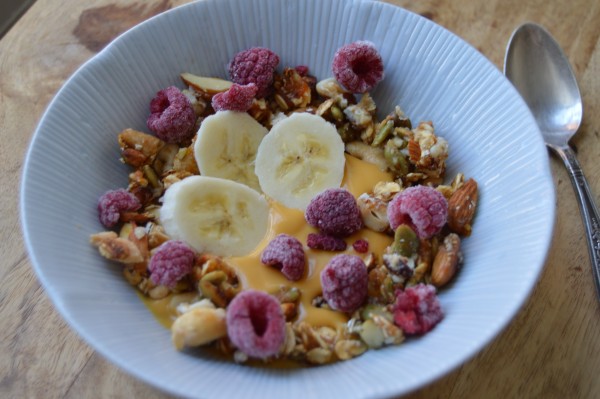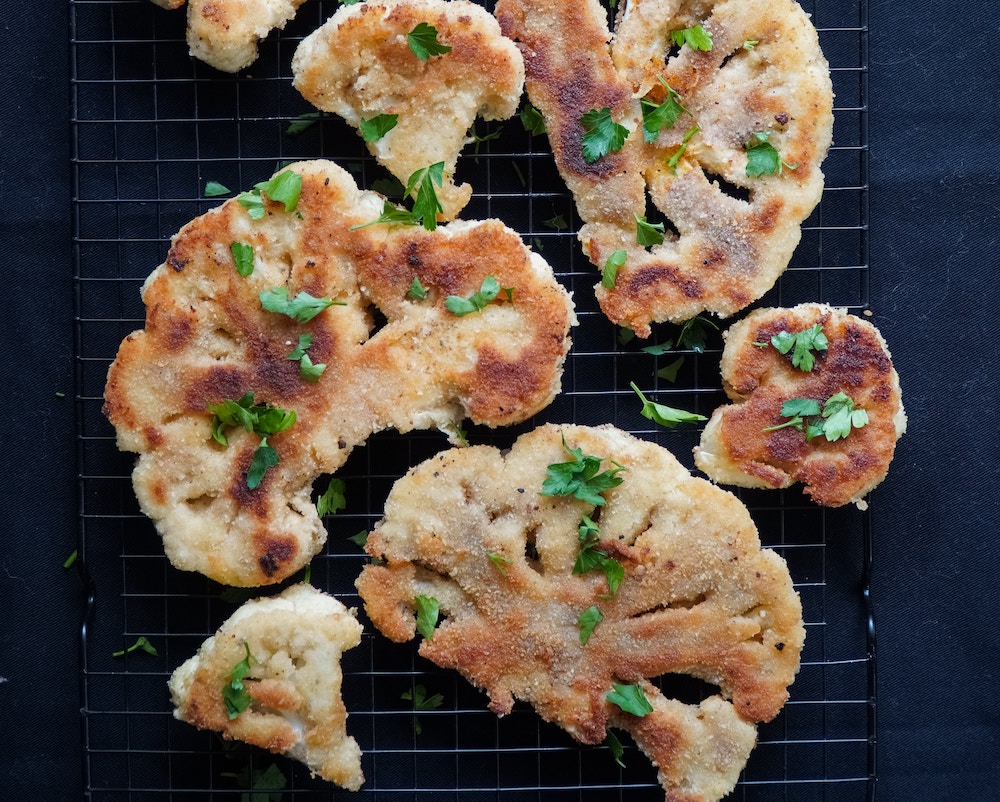 Change is never easy–especially when it comes to changing our eating to a healthier plant based diet. We humans are real creatures of habit. Routine gives us stability, predictability and makes us feel comfortable. That is not only the case for good habits but also for bad habits; once we are used to doing a certain thing in a certain way, it’s really hard for us to alter that behavior.
Change is never easy–especially when it comes to changing our eating to a healthier plant based diet. We humans are real creatures of habit. Routine gives us stability, predictability and makes us feel comfortable. That is not only the case for good habits but also for bad habits; once we are used to doing a certain thing in a certain way, it’s really hard for us to alter that behavior.
I often hear from non plant based friends that they like the idea of eating a more plant forward diet but that transitioning completely and totally giving up animal products is “impossible,” the reason being that they “grew up that way.” It is very true that the things that we learn when we are little and repeat thousands of times, become fundamentally ingrained in us. Some of these things almost define our identity–or at least that’s what we think.
Change is not only difficult for us because we need to break out of routines but also because other people might see a ‘new’ version of us. That often makes us feel uncomfortable, and we feel the need to justify ourselves. A lot of studies that I’ve learned about during my health coaching program as well as during my yoga teacher training, tell us that humans need about 30 days to reinforce the new habit and create lasting change. Now the biggest obstacle to these 30 days is ourselves: that’s when we try to commit to too much and when we aim at goals that are just too high. Often, we can’t achieve these goals immediately and then we tend to give up and say to our disappointed selves: “see, I knew it, it’s just impossible for me to change!”
Now let’s talk about how to conquer change. I recently read an interesting piece on The New York Times about Kaizen–a Japanese word for “improvement.” The idea of “constantly improving a little” is truly a key to how we can achieve change as it really aims at setting small goals, every day, step by step. Instead of aiming at the almost impossible like working out 7 times a week or stopping to eat meat right now, in this very second, it’s about daily micro changes. All these daily micro changes add up and form new habits that slowly form our new, improved selves.
So how can you transition into a wholesome plant based diet for good?
1. Set an intention: this is the very first step towards change. Ask yourself why you want to transition into a healthy plant based diet? What is your big motivating factor (as we say in health coaching class)? Try to find the underlying reason under the obvious motivation: you want to lose weight? So why is that important to you? Maybe because you want to feel more energized and you want to be able to participate in social activities. Or maybe because you want to take care of yourself more and focus more on your health.
2. Set daily manageable goals: take out pen and paper and set realistic and tangible goals. Realistic goals are things like making one day a week totally plant based and sticking to it for a couple weeks, then increasing it to two, then 3 then 4. Replacing low nutrition desserts with refined white sugar and animal fats by high nutrition desserts made of plant based and unprocessed ingredients like coconut sugar and nuts.
3. Steer away from restriction: don’t tell yourself that you have to be perfect and get it right straight away. It’s OK to make exceptions. The moment you tell yourself that some foods are forbidden and bad you tell your brain that you can’t have them and then you can bet that your brain will try to cheat because we tend to want what we can’t have
4. Look for tasty alternatives: when you try to steer away from animal products you have to find plant based alternatives because your body needs enough energy and calories, especially when you transition. Dairy can be replaced with nut based yogurt, milk and cheeses. Great meat alternatives are tempeh, tofu, portobello mushrooms or seitan. As for eggs, you can make scrambled tofu and use flax or apple sauce to replace eggs in baking. Most importantly: explore different brands and options so you find your favorite ones and always have them on hand.
5. Practice every day and don’t ever give up: you will have fall backs and road blocks – acknowledge that and embrace the challenges. That doesn’t mean you should cheat every day but it means you shouldn’t see challenges as a failure that would push you to totally give up. It doesn’t have to be perfect to work, every step counts, every day.
6. Get an accountability partner: the author Linda Galindo says in her book The 85% solution that accountability is key to success in the business world and this is true when it comes to creating healthy eating habits as well. Communities and groups are most helpful because they support individuals with change. They also create the effect of taking responsibility for one’s actions and motivation to achieve one’s goals because you are never alone in your endeavor and can share concerns, questions and advice with each other. Find a friend or a group of friends to be your accountability partner for your transition into eating more plant based. Make it a priority to check in with them once a week and talk to them about your transition. Share what goes well and what doesn’t.
The most important here is that it’s all a journey and not an end goal. You will most definitely get there and always remember that ultimately the day you set your intention, you were already half way there.
If you have any questions about transitioning to a plant-based diet, I’d love to answer them! 🙂
Also by Isabelle: Why How You Eat Matters As Much As How Much
More in healthy eating: My First Vegan Grocery Shopping List
How I Lost 70 lbs By Accidentally Becoming Vegan
Get more like this–sign up for our newsletter for exclusive inspirational content!
__
Photo: Isabelle Steichen




